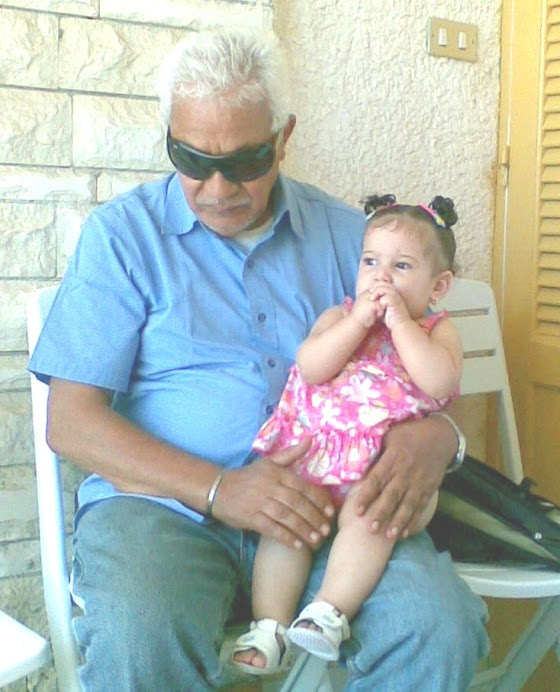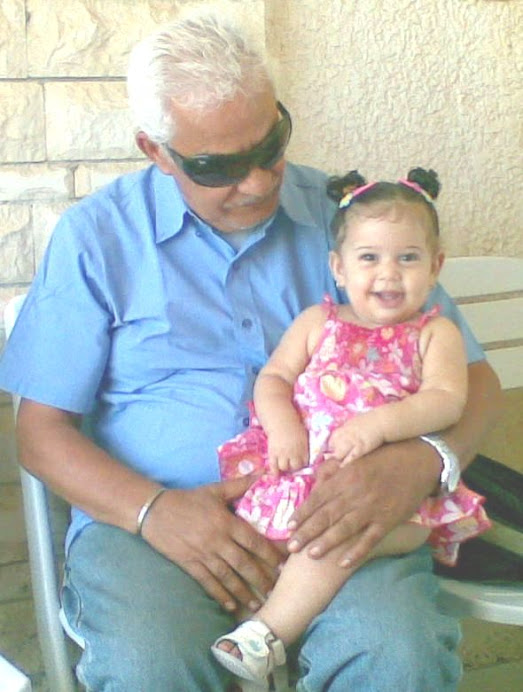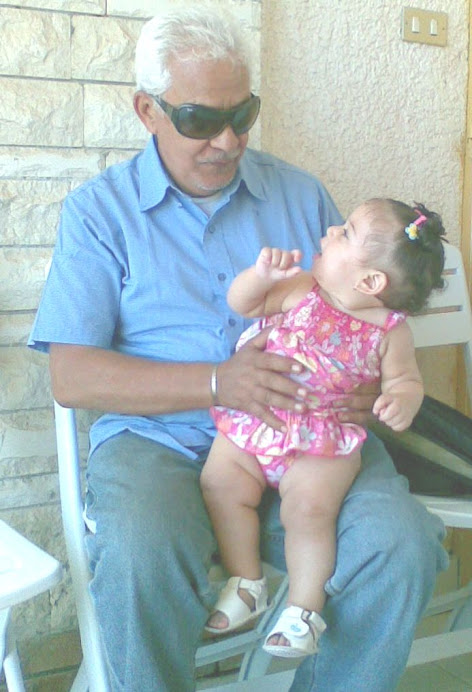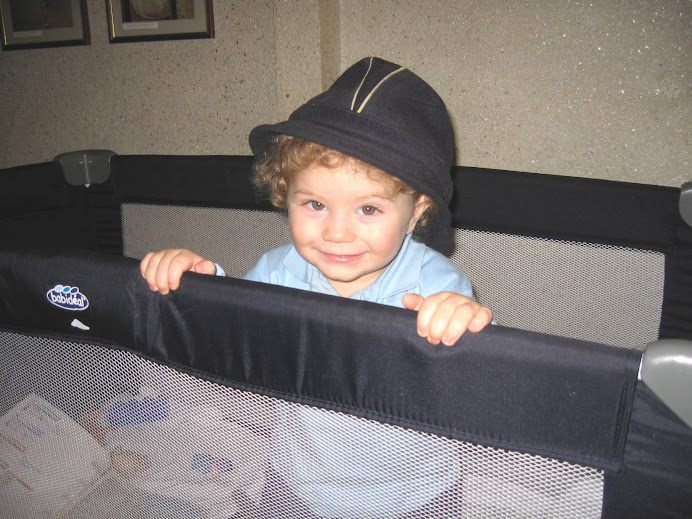GOHA Origin
By Cookie Nassef
Goha is a Middle Eastern folk character. He is called the wise fool because he acts the fool, but always has a sharp wit and gets the last laugh.
From North Africa, stories about Goha spread into Malta (where he is known as Jahan) and into Sicily (where he is called Giufa). From Sicily, the stories passed into the Italian mainland. In southern Italy he is called Jofa, Jufa, Jugale, Jugane, and Giuvale. In northern Italy, he goes under the name of Giucca.
But Goha stories may have had an earlier influence on European literature. It has been suggested that Cervantes got the idea, and perhaps even the name, for his great work Don Quixote (at that time pronounced "kihote") from Goha stories. After all, Cervantes spent some years as a prisoner in Algiers, and what better way to while away the time in a dreary cell than by exchanging Goha stories with one's jailer?
Goha, a man who lives in the fables and imaginations of the Arab world, and no where in the Middle East is there a figure more revered. He is lovable, eccentric, and simple. His optimism is boundless, his generosity has no limits. He is said to be a fool, but he is clever and conniving and usually outwits every sultan he encounters.
He is known as Goha in Egypt, and is also known by the names of Djeha, Nasreddin, Hoja, Mulla Nasreddin, or The Man With No Principles, all across Asia and the Middle East. While he has many names and many incarnations, his personality is highly recognisable because he is the archetypal fool. This archetype is superficially innocent, naïve, even stupid, yet time and time again the fool provides us with the kind of wisdom that can only arise from this state of purity.
Although stories about Nasreddin may have originated in Anatolia, they soon swept across the Muslim world. No matter where he went, Nasreddin was made an honorary citizen in his adopted country. The Persians call him " Mulla," a title equivalent to the Turkish "Hodja." The victorious Ottoman army carried stories about Nasreddin Hodja with them as they swept through the Balkans and Greece. When their European possessions were severed from the empire, the stories of Nasreddin Hodja remained.
Today stories about Nasreddin are told in Albania, Armenia, Bulgaria, the Crimea, Georgia (in the Caucasus, not the American South), Greece, Rumania, Russia, Turkestan and the Ukraine.
Goha is beloved to many is the Islamic philosophical school of thought, Sufism, or tasawwuf, as it is called in Arabic. The essence of Sufism can be thought of as an eternal surrender to God where the content of your consciousness is a manifestation of the divine. The Sufis have developed very specific beliefs relating to teaching methods, and this is where Goha (or Mulla Nasreddin as he is known to the Sufis) plays a crucial role.
Known also as The Trickster, he is one of the most common and enduring figures in folktales around the world, The Buffoon who proves himself more learned than the scholars, The Bungler who knows that every problem has a simple solution, The Good Samaritan, who cheerfully gives street beggars the money his wife has advanced him for bread because the beggar’s need is greater.
Many movies portrayed goha-like characters, usually with another person; like Abbott & Costello, Laurel & Hardy, and actor Ali El-Kassar, where one is the goha-type person, and the other is the gullible partner being fooled by goha!
There are many Goha stories, but I will post only a few that I have found or translated, for the delight of both parents and children.
:)
By Cookie Nassef
Goha is a Middle Eastern folk character. He is called the wise fool because he acts the fool, but always has a sharp wit and gets the last laugh.
From North Africa, stories about Goha spread into Malta (where he is known as Jahan) and into Sicily (where he is called Giufa). From Sicily, the stories passed into the Italian mainland. In southern Italy he is called Jofa, Jufa, Jugale, Jugane, and Giuvale. In northern Italy, he goes under the name of Giucca.
But Goha stories may have had an earlier influence on European literature. It has been suggested that Cervantes got the idea, and perhaps even the name, for his great work Don Quixote (at that time pronounced "kihote") from Goha stories. After all, Cervantes spent some years as a prisoner in Algiers, and what better way to while away the time in a dreary cell than by exchanging Goha stories with one's jailer?
Goha, a man who lives in the fables and imaginations of the Arab world, and no where in the Middle East is there a figure more revered. He is lovable, eccentric, and simple. His optimism is boundless, his generosity has no limits. He is said to be a fool, but he is clever and conniving and usually outwits every sultan he encounters.
He is known as Goha in Egypt, and is also known by the names of Djeha, Nasreddin, Hoja, Mulla Nasreddin, or The Man With No Principles, all across Asia and the Middle East. While he has many names and many incarnations, his personality is highly recognisable because he is the archetypal fool. This archetype is superficially innocent, naïve, even stupid, yet time and time again the fool provides us with the kind of wisdom that can only arise from this state of purity.
Although stories about Nasreddin may have originated in Anatolia, they soon swept across the Muslim world. No matter where he went, Nasreddin was made an honorary citizen in his adopted country. The Persians call him " Mulla," a title equivalent to the Turkish "Hodja." The victorious Ottoman army carried stories about Nasreddin Hodja with them as they swept through the Balkans and Greece. When their European possessions were severed from the empire, the stories of Nasreddin Hodja remained.
Today stories about Nasreddin are told in Albania, Armenia, Bulgaria, the Crimea, Georgia (in the Caucasus, not the American South), Greece, Rumania, Russia, Turkestan and the Ukraine.
Goha is beloved to many is the Islamic philosophical school of thought, Sufism, or tasawwuf, as it is called in Arabic. The essence of Sufism can be thought of as an eternal surrender to God where the content of your consciousness is a manifestation of the divine. The Sufis have developed very specific beliefs relating to teaching methods, and this is where Goha (or Mulla Nasreddin as he is known to the Sufis) plays a crucial role.
Known also as The Trickster, he is one of the most common and enduring figures in folktales around the world, The Buffoon who proves himself more learned than the scholars, The Bungler who knows that every problem has a simple solution, The Good Samaritan, who cheerfully gives street beggars the money his wife has advanced him for bread because the beggar’s need is greater.
Many movies portrayed goha-like characters, usually with another person; like Abbott & Costello, Laurel & Hardy, and actor Ali El-Kassar, where one is the goha-type person, and the other is the gullible partner being fooled by goha!
There are many Goha stories, but I will post only a few that I have found or translated, for the delight of both parents and children.
:)



























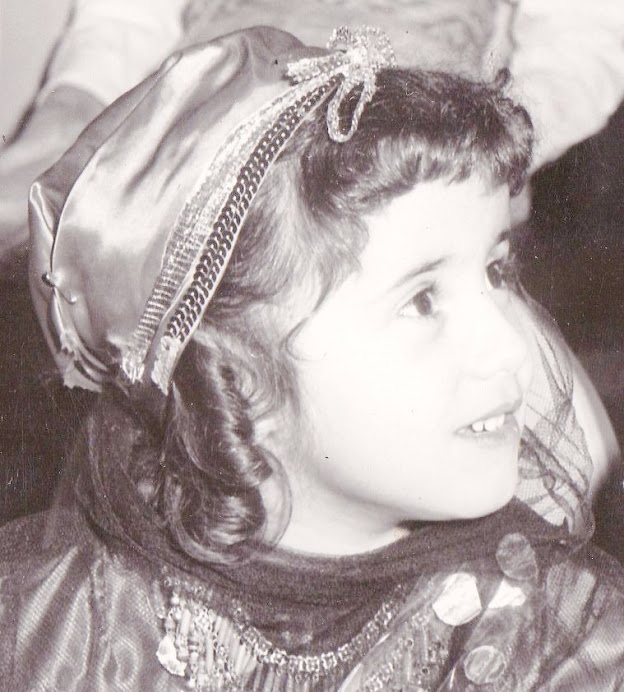
+and+I+(4)+in+Washington+D.C.,+USA.jpg)




























